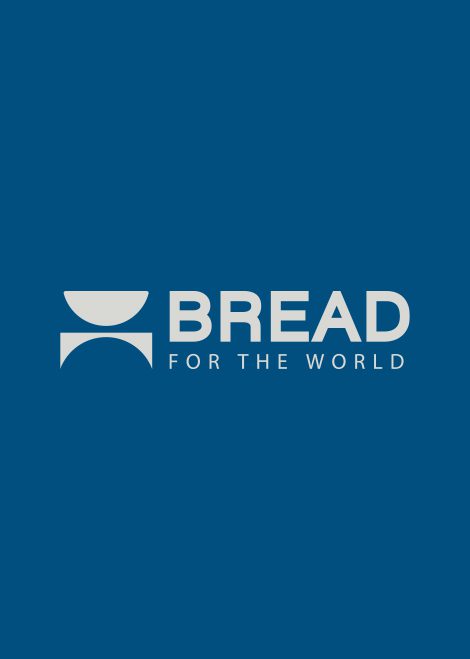Bread for the World today warned both the House and Senate not to enact harmful fiscal year 2016 budget cuts that would jeopardize the availability of healthy and nutritious meals for adults and children.
Both budget proposals contain drastic cuts to effective anti-hunger programs. The Senate next week is expected to introduce amendments to its budget resolution. These amendments may include efforts to reduce funding for both domestic and international hunger programs.
“Eliminating the deficit on the backs of the hungry and poor is unethical. It also lacks economic sense,” said Eric Mitchell, director of government relations for Bread for the World. “Harsh cuts could end up pushing millions of working families and their children further into hunger and poverty.”
The House budget proposes cutting $5.5 trillion, while the Senate budget proposes cutting $4.5 trillion. The proposed cuts would occur over 10 years.
The House budget proposes cutting $140 billion from SNAP (formerly called food stamps). The Senate budget proposes cutting Medicaid by $400 billion. Under these cuts, SNAP participants would lose 220 meals a year or 10 weeks’ worth of food.
SNAP is the largest child nutrition program in the country. It provides meals for 21 million children. Medicaid provides coverage for 28 million low-income children. Hungry children cannot learn, and unhealthy children will not reach their full potential.
Internationally, humanitarian and poverty-focused development assistance programs (PFDA) would face devastating reductions as well. The House proposal would result in a 16 percent overall cut to the International Affairs Budget, which provides funding for PFDA. The Senate proposal is better, but still results in a 1 percent decrease.
“Our federal budget outlines the priorities of our country. Clearly, feeding hungry children at home and abroad is not a priority,” Mitchell said. “Programs that help families place food on the table and keep their children healthy should not be first on the congressional chopping block.”



